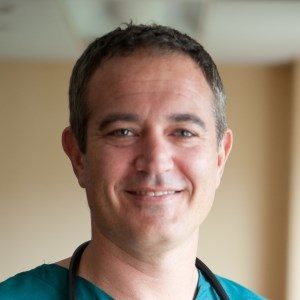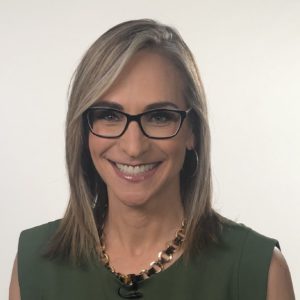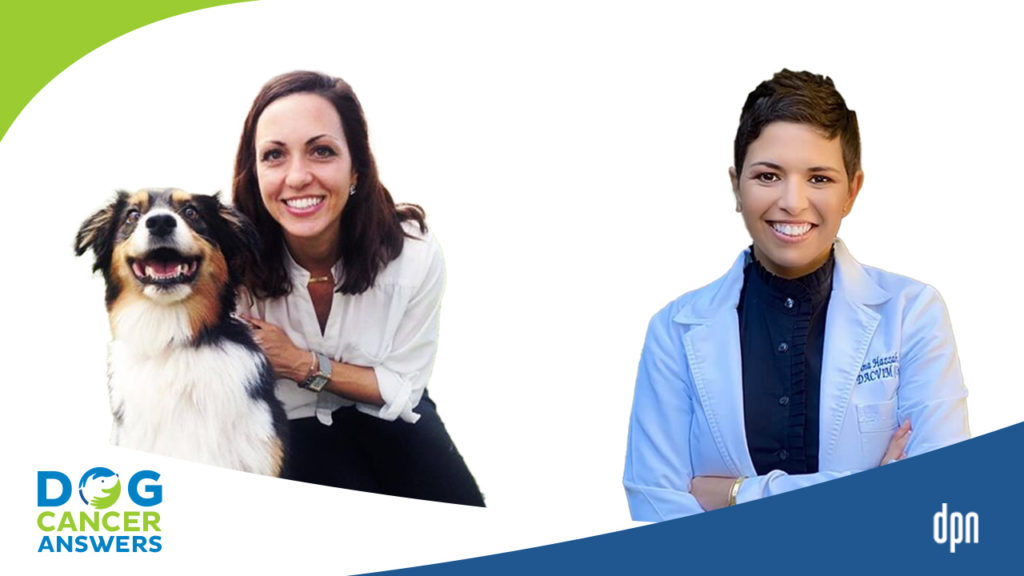James Jacobson: When you find out your dog has cancer, you may think I’m not gonna go the traditional route I am gonna go the total homeopathic route for my dog’s cancer. I want it to ask both of you veterinarians what your thoughts are about going the homeopathic route.
Dr. Demian Dressler: It’s interesting when we look at the different treatments that we have available. We should also differentiate between homeopathic vs. holistic or alternative. This homeopathic has to do with using very minute amounts of substances in the body to try to create a certain effect and alternative or holistic usually refers a branch of medicine that is non-conventional in the area of cancer. The conventional stuff is surgery, chemotherapy and radiation. In the holistic compartment we have diets, supplements, acupuncture mind, body, and the touch therapies thing of this nature. When we look at homeopathics specifically which is again very very small amounts of substances in the body elicit a certain effect, there is not that much evidence that we have to support the use of homeopathy. There are few studies out there with this brain tumor, and not really all that much else. If you look at all of the literature whether it’s from Europe, Germany where homeopathy came from, or Asia, or the United States, there is a very little good information there. So, all we have to rely on is people’s opinions and experiences where they call anecdotes individual case studies. The problem is, is that we were creating a full spectrum plan for a dog, we wanna make sure that we’re using something that’s high yield and we want to therefor pick things where we know again we’re gonna get a good benefit or a high odds ratio of a good benefit. My opinion on homeopathy is that the homeopathy is not one of the top therapies that we have to use for K9 cancer, although it can help a little bit potential in certain cases.
James Jacobson: You mentioned a full spectrum, there’s a whole video in the series about that but just briefly, what is your whole, your full spectrum approach? How does that differentiate itself from homeopathy, or holistic medicine, or alternative vet medicine?
Dr. Demian Dressler: One of the downside that is happening in the holistic medicine division, the area right now is that there are some veterinarians who are alternative who are willing nearly indiscriminately grabbing a whole bunch of different things to use. They’re not looking at necessarily at efficacy, and they’re not looking necessarily at safety. Both of those things are very very specific and important to us because there is whole slew of f “natural” or “holistic” things out there that we can choose from. If we’re not selective, we end up doing is picking 10 or 15, or 25 different treatments to use for a dog and we may not be benefiting the dog and in some cases we may even be hurting our loved family member.
James Jacobson: Dr. Ettinger, your thoughts.
Dr. Susan Ettinger: I think Dr. Dressler brings up a great point and I think that’s, the frustration of some of the conventional Oncologist out there, and I consider myself to be more open minded. I think people it’s important to be integrative. I think people should realize they don’t have to just pick conventional or just pick holistic. It’s great to find an integrative approach where maybe you’re gonna do a little of each but not just do everything. I think you wanna talk to an expert who can help you, guide you through all of the holistic treatments or all of the conventional treatments and then pick what is really best and you don’t have to pick one or the other. I think that’s where a lot of people feel torn is that they don’t think they can do both. I think you can do a little bit of both very safely. Again, you just probably gonna have to bring two experts together and work as a team.
James Jacobson: That sort of what the Dog Cancer Survival Guide is all about where you are just talking about the best approaches regardless of, from which field of veterinary medicine it came from. Dr. Dressler thank you so much, Dr. Ettinger thank you both for being with us.
Dr. Demian Dressler & Dr. Susan Ettinger: Thank you.









